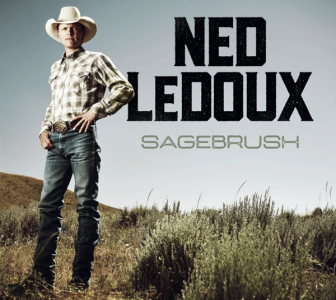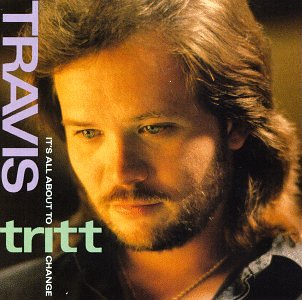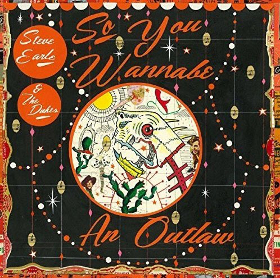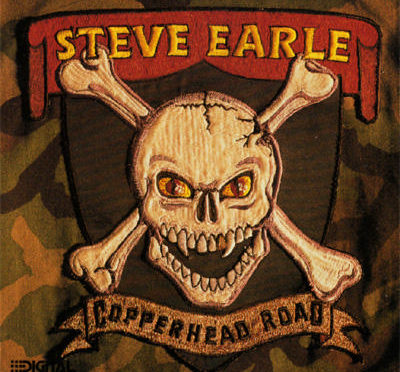Rating: 7/10
So, this is one of those albums that it’s a bit hard to talk about, and there’s not a ton to say about it in the first place, but that doesn’t mean it should be overlooked by any means. It’s an album that falls into that solid, consistent category, refreshing and comforting but not necessarily groundbreaking. And if you know anything about Ned LeDoux or his intentions with this project, this is arguably doing everything it set out to accomplish. That’s not to say it’s a perfect record, or one of the best of the year, it’s just to say that it serves its purpose quite well, and for that, some might rate it higher than my solid 7.
If you’re unfamiliar with Ned LeDoux or his aims here, he’s essentially trying to honor his father Chris LeDoux, a rodeo cowboy who sold his records independently out of a truck and wrote songs about cowboy themes and simple living. I wrote that we shouldn’t fixate on the fact that Lukas Nelson is Willie’s son, but with Ned, he wants you to remember his father. He’s going to make similar records, and you go into it knowing you’ll hear tales of the West, of eight-second rides, of endless stretches of the Wyoming prairie. And it works because like his father before him, he’s actually lived this life, so you can’t call him anything but authentic. And really, he’s making his father proud.
The biggest strength of this record, unlike oh, the majority of this year’s albums, is actually the production. It’s the western feel to this that keeps you listening, especially if you gravitate, as I do, toward western themes. The more country rock production serves to elevate many of these tracks, even when they’re lacking lyrically, and I’m glad these details were not overlooked or thought of as second to the lyrics.
Lyrics indeed are the weakest point of this record, and you aren’t really sold on Ned LeDoux as a lyricist at all until track four, when “Some People Do” comes on. This is an ode to the previously mentioned Wyoming prairie, complete with its bitter winters and miles of waterless land. But to the people that live here, it can be paradise. It reminds you that country is as much a story of the West as it is of the South, and you come away wondering why so few country projects lately explore this part of the genre’s heritage. “Better Part of Living” is also one of the better songs lyrically; this one deals more with life lessons and cautions us that the best things in life “can’t be measured out in pay.” For the traditionalists, this one is one of the most country, with some lovely steel echoing in the mix. And “The Hawk” is nothing less than a beautiful tribute to his father, stating that he believes his dad came back as a hawk to watch over their family. It seems there has been a hawk on the ranch ever since he died, always keeping watch over them. His dad dreamed that he could fly and be free like a hawk, and now he seems to be there with them. The simple acoustic guitar here really allows the words to be the focus, and I don’t know how anyone can come away from this song without being moved.
There are also a couple of covers of his father’s songs here. “Johnson County War” is one of the standouts despite this, giving us a great story song about the Powder river settlements in the 1880’s. There’s also a duet version of “This Cowboy’s Hat,” featuring, of all people, Chase Rice, who actually sounds surprisingly good here. This one tells of an encounter between a cowboy and a motorcycle gang. In the end, they realize they actually have a lot in common, as the cowboy’s hat is as important to him as their leather jackets are to them.
All in all, this is nothing earth-shattering, but it’s a solid, consistent effort that certainly does Chris LeDoux proud. And with songs like “Better Part of Living” and “Some People Do,” Ned LeDoux is showing his own potential as a songwriter as well. This is an album that’s going to appeal more to people who enjoy western themes, as well as to people who value interesting production more than groundbreaking lyrics. Nice, pleasant listen.
A final thought from Ned himself: “The Old West may have changed some, but it sure as hell ain’t dead.”




